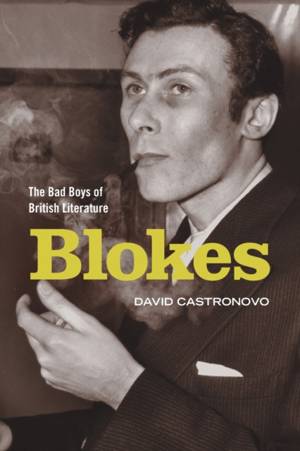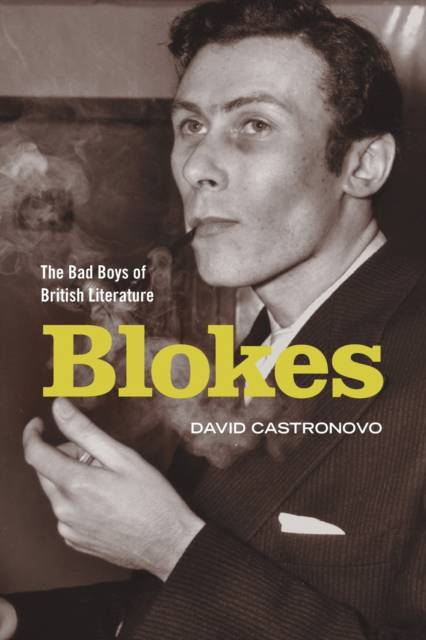
- Afhalen na 1 uur in een winkel met voorraad
- Gratis thuislevering in België vanaf € 30
- Ruim aanbod met 7 miljoen producten
- Afhalen na 1 uur in een winkel met voorraad
- Gratis thuislevering in België vanaf € 30
- Ruim aanbod met 7 miljoen producten
Omschrijving
They came from unpromising places and unglamorous backgrounds. They crashed the Establishment party in one generation, raided the citadels of culture, and brought their idioms, ideas, and passions to the center of British life. The blokes were writers who revitalized British drama, fiction, poetry, and criticism. When Britain was in the economic doldrums, when its supply of great authors was dwindling after World War II, they rebuilt a world-class reputation. Between the early 1950s and the early 1970s, Britain had a great transformation.
This book is the story, told in a series of profiles and of New Britannia. The cast of characters includes playwrights John Osborne and Arnold Wesker, novelist Kingsley Amis, critic Kenneth Tynan, poet Philip Larkin, fiction writer Alan Sillitoe, plus lesser-known figures such as John Braine, David Storey, Stan Barstow, Keith Waterhouse, and Shelagh Delaney. Commentators customarily label them "angry young men" (from a remark by a British journalist), but actually anger is not quite right. Essentially, they were restless, bored with the same old British way of life, and eager to break with social conventions.
Specificaties
Betrokkenen
- Auteur(s):
- Uitgeverij:
Inhoud
- Aantal bladzijden:
- 208
- Taal:
- Engels
Eigenschappen
- Productcode (EAN):
- 9781441169815
- Verschijningsdatum:
- 1/06/2010
- Uitvoering:
- Paperback
- Formaat:
- Trade paperback (VS)
- Afmetingen:
- 143 mm x 221 mm
- Gewicht:
- 299 g

Alleen bij Standaard Boekhandel
Beoordelingen
We publiceren alleen reviews die voldoen aan de voorwaarden voor reviews. Bekijk onze voorwaarden voor reviews.







